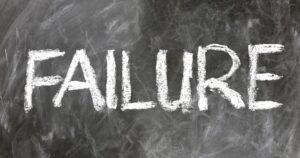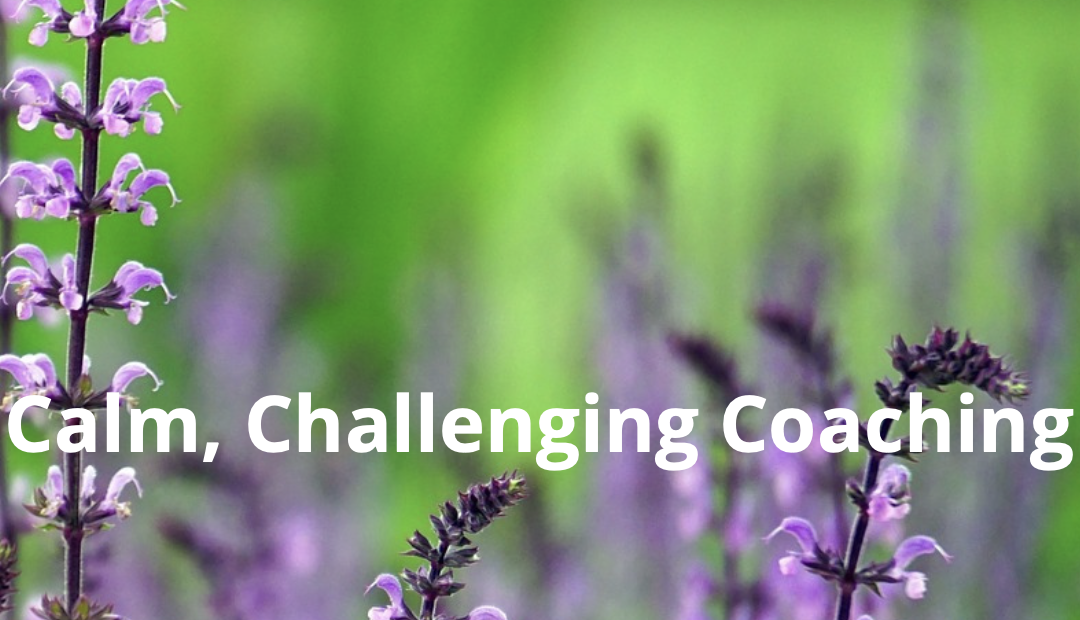I was listening to the radio the other day. There was a phone in discussion on whether talent or practice was most likely to lead to success in exams. The caller who had posed the question was clearly of the opinion that it was a black and white question, and that people who were talented in maths, or football, or whatever the subject was, were bound to be better than those of us with lesser innate skills and was determined that he was right. It got me thinking, and with university application time only a few months away, I thought a post about human potential was timely.
Carol Dweck, is a renowned researcher into Mindsets. Her research suggests that the view you have of yourself, and your abilities, has an enormous affect on the way you lead your life, both positively and negatively. It is a view I agree with.
So let’s look at talent
Talent in a field is when you find it easier than most others to master the basics. You may also progress faster with slightly less work. People with talent thrive when everything goes well. They know they are good at whatever their field is. However, there is always a danger that a talented person may become complacent about working at improving as they have always found it easy. They may also develop a fixed mindset, identifying themselves with ‘being good’ at X or Y, so if things do get tough, whether they miss a goal or do less well in an exam than expected, then doubt about themselves may set in. They may hide their weakness by blaming others, while privately blaming themselves for not being good enough. Left unchecked, this can lead to a downward spiral of self recrimination. It can cause students and workers to give up and label themselves as ‘useless’, ‘no good’ or ‘just not good enough’.

Fixed mindsets are destructive for both adolescents and adults. For teens, who are facing exams, a low mark may tell them that they are just not smart, while a high mark can just set the bar even higher for next time. They may miss opportunities to learn, giving up after a slight set back because they perceive their failure as being due to them ‘being stupid’. Failure can therefore. result in a loss of motivation, as “what’s the point?”. In the workplace, colleagues with a fixed mindset may need constant validation, being told they are great, that they are appreciated. They may never develop the skills they need to master more difficult tasks, or ones they do not have a natural talent for as they may believe they are just no good at those things.
In contrast, people with a growth mindset believe that they can and will improve with practice. Their goals may not to be the best, after all only one person can hold that position, but to be competent, or even master their chosen area. They understand that test scores only measure your current position and that success is made up not only of ability, but also of effort. Failure is seen as a learning opportunity and they are far more likely to see reasons other than their innate ability for them not achieving, for example, not working hard enough or lacking a particular area of knowledge. Their self thought will run along the lines of “I am not good enough yet” or “I need to work harder at it next time”.

So how do we foster a growth mindset in others or ourselves?
1. Just reading this blog helps! You now know that there are two mindsets and you could limit your potential by adopting a fixed mindset.
2. Practice! Putting effort in may be hard work, but constantly chipping away at a goal will pay off in the end.
3. Learn from your stumbles, don’t be put off balance by them. Realize that you won’t succeed every time you try something. However, by looking carefully at what happened when something doesn’t work can help you see what you need to do to make it work better next time, or sometimes the time after.
4. Look at ways to improve in all sorts of areas, even ones you think you are doing well in – there must be something you can do better? Think of the gardener who looks around at a beautiful garden that they have worked on all year, but thinks “I wonder what would happen if I moved that over there”…
5. Look for a role model. It doesn’t have to be in the same field as yourself. Think about someone who has a growth mindset, who hasn’t been put off by set backs and ask yourself “what would they do?” When faced with a challenge.
So can you be fixed in some areas and have a growth mindset in others? Absolutely! So be ready to examine your reasoning if you think you “can’t” do something, or find yourself labeling yourself in some way even if you are doing great in another area.
Unlocking your mind to its full potential is a truly wonderful thing.







